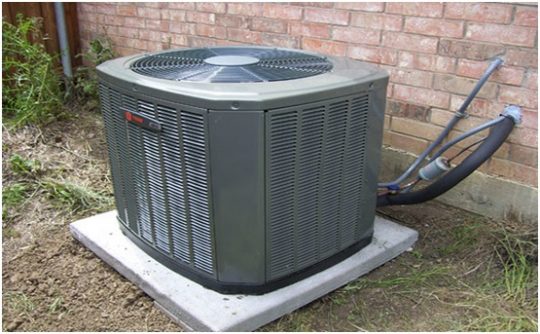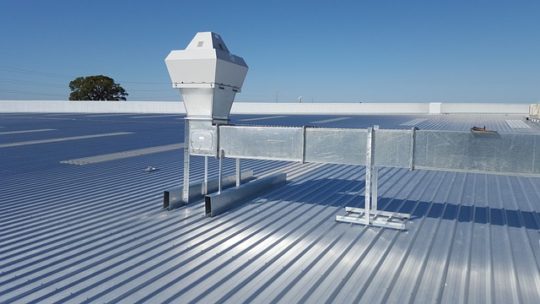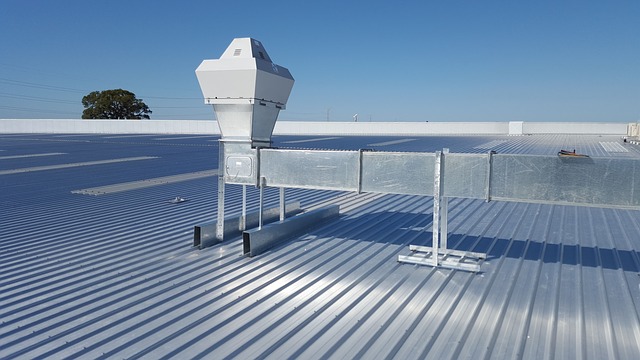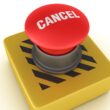When it’s time to install a new HVAC system, many homeowners make the mistake of focusing too much on the price of the unit. Without fair consideration of other factors, you could end up acquiring an incompatible system for your home, either too small or too big. There are a variety of problems to be aware of when selecting a new unit or upgrading your current one to avoid creating a dangerous environment with the wrong HVAC equipment.
Using Too Much Power
An HVAC system that uses too much power is too big for your home. If your home is quick to cool or heats up too quickly, the thermostat powers down because it has reached the desired temperature. However, systems are designed to run for a pre-determined time, so a system that shuts off too quickly due to fast temperature changes has not run its full program. This is known as short-cycling and it greatly increases the wear on your HVAC system. You may think more power is a good thing, but you’ll wind up spending more on repairs and may even have to replace the system earlier than its expected lifespan.
Not Providing Comfort
Power issues on an oversized unit can cause your home to have wider temperature swings and much more humidity. HVAC systems are designed to take 10 to 15 minutes to get cold enough to condense water vapor. In a short cycle, it doesn’t reach that phase and less moisture is removed from the indoor air. Consequently, your home will feel more humid, which also increases the feeling of heat. Conversely, a unit that is too small for your home will experience the opposite problem and cause dryness, which could lead to chronic dry skin and respiratory issues.
Skyrocketing Energy Bills

Image via Flickr by Laura Taylor
If your HVAC unit is too small, it will work harder to meet your desired temperature, thereby using more power. Even though it is using extra power, it may still be too weak to send conditioned air to all areas of your home. Undersized units can cause some rooms in your home to not receive proper cooling, especially when fighting against opposing temperatures, like near windows or where sunlight is abundant.
Decreased Property Value
Potential homebuyers don’t want the expense of upgrading an HVAC unit. If your unit does not run efficiently, it can decrease the value of your property. Even if you aren’t planning on moving soon, choosing the right-sized unit will help when it is time to sell and increase the enjoyment of your home now.
Finding the right size HVAC equipment includes reviewing the size of your home, number of windows and doors, how many people can comfortably live in your home, and installation levels. Determine ideal temperature ranges for inhabitants and discuss your needs with a certified HVAC specialist. New HVAC technology like thermal air conditioning and sensor-based ventilation might be worth considering to help you find the right balance of comfort and efficiency for your entire family.































































